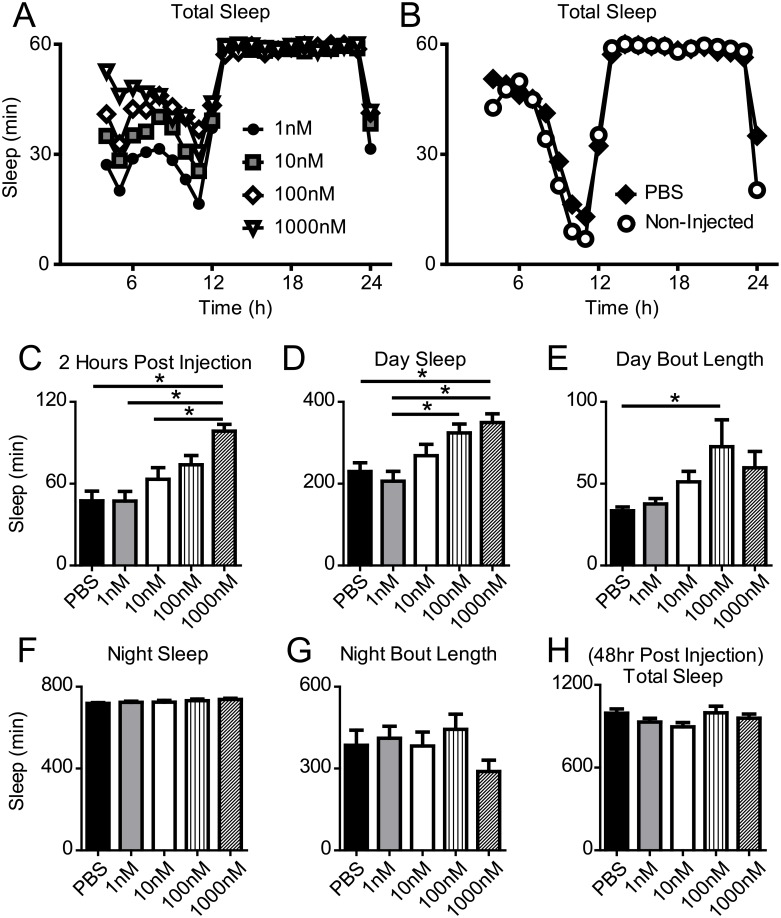Fig 1. Recombinant human TNFα increases sleep in wild-type flies.
(A) Sleep profiles plotted for flies injected with recombinant human TNFα at ZT4 (concentrations varied from 1-1000nM). (B) Sleep profile of PBS injected and non-injected controls; vehicle injection did not significantly alter baseline sleep duration compared to non-injected controls (t(56) = 1.465, p = 0.149). (C) Sleep duration increased in the 2 hours immediately following TNFα injection in a dose-dependent manner. One-way ANOVA shwed a significant main effect of TNFα injection (F(4,138) = 9.377, p < 0.0001). Tukey post-hoc test revealed that 1000nM TNFα concentration (n = 29, M = 98.6, SD = 26.7) resulted in significantly increased sleep compared to PBS controls (n = 23, M = 47.5, SD = 34.0), 1nM TNFα injection (n = 30, M = 47.3, SD = 39.0), and 10nM TNFα injection (n = 29, M = 63.3, SD = 45.4). The 100nM concentration (n = 28, M = 73.8, SD = 36.2) did not differ from the 1000nM concentration. (D) Total remaining daytime sleep was significantly increased in the 8 hours after TNFα injection in a similar dose-response manner (from PBS (M = 229.9, SD = 102.2) to 1nM (M = 206.2, SD = 131.6), 10nM (M = 268.4, SD = 149.1), 100nM (M = 324.2, SD = 113.6), and 1000nM (M = 349.6, SD = 114.0)) (one-way ANOVA, F(4,138) = 6.786, p < 0.0001). (E) Sleep bout length during the daytime was increased by injections of TNFα (one-way ANOVA, F(4,138) = 2.811, p = 0.028). (F-G) On the day of injection, subsequent nighttime sleep duration (F, (F(4,138) = 1.24, p = 0.30) and bout length (G, (F(4,138) = 1.42, p = 0.23) were unaffected by TNFα. (H) The effects of TNFα were short-lived and did not affect long term sleep behavior. Total sleep, 48 hours after the injections, was unchanged by injection of TNFα (F(4,108) = 1.62, p = 0.175).

